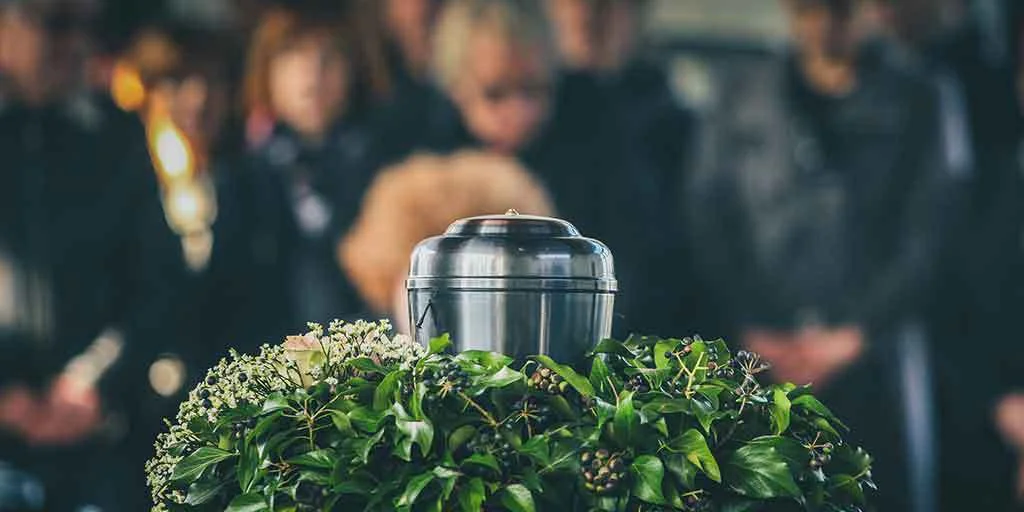Traditions are changing all of the time. When it comes to dying, cremation is something that more and more people are opting for. It can make sense as oftentimes it can be quite expensive for burial and a funeral. In recent years, the prices have only continued to rise.
It's important to decide what happens with your ashes. It can be hard to come to terms with saying goodbye. Thankfully, there are plenty of options when it comes to giving your loved one the send-off they deserve.
What happens after a cremation?
You may already be familiar with the cremation process. It’s fairly straightforward in terms of disposition of the body. The body is burned in a special cremation furnace and the ashes are processed.
Once the burning process has been completed, the only thing that remains is the bones. Bones are not burned in the same way so the crematorium will have to process them at the end. From there you have a few options. You don’t strictly have to spread the ashes anywhere. You should decide on whatever feels right for you.
Burying the ashes
One option that could well be overlooked is the option to bury the ashes. You don’t have to keep them in the family home or spread them. The option is there to bury them in a similar way to a casket. There are a few advantages to this like having somewhere to visit when remembering the person. You can be sure that part of them always remains in this place. It can also be a good option for couples or families who want to be buried in the same place.
In practical terms, it means sorting out a burial plot. It’s important to get in contact with your chosen funeral director in order to get it sorted out.
Keeping the ashes close by
Another option that doesn’t include scattering the ashes is by keeping them close to you. One way is burying the ashes on private land or in a back garden. Apart from being affordable, it can also be personal and flexible. Especially when compared to a traditional funeral.
With this alternative, you are able to hold your own private service. This way the person can be remembered in a much more private and intimate setting.
Scattering the ashes
This is probably the most common method of managing a loved one’s ashes. It may even be the reason why they selected cremation in the first place.
Places like the sea or their favourite national park can be the send-off that you’re really looking for. Again this can mean a private, intimate ceremony with only the closest friends and family.
If you are going for this option there are a few things that you need to remember.
- Don’t do it alone - Although some people might prefer a more intimate setting it can be a highly emotional time.
- There will be bones - As mentioned above the bones are processed by the cremator. However, this can’t guarantee that everything will be 100% processed.
- Pick the right site - This might seem like an obvious thing but it is important to be sure of. This place is where you will ultimately have to say goodbye.
- Stay upwind - A popular place to scatter ashes is at sea so before scattering them take a moment to judge which way the wind is blowing.
Scattering ashes, as a whole, can be a meaningful way to say goodbye to someone.
Making the right decision
No two people are the same and at British Seniors, we understand this. If you’re ready to plan ahead now, we’re here to help. With British Seniors Over 50 Life Insurance, you can feel confident that you’re getting quality cover that can help you protect your loved ones.
As well as providing great extras like a free Will Kit and a Funeral Benefit Option that could give you £300 towards the cost of your funeral1, British Seniors offers award-winning service. We’re recent winners of the What Mortgage Best Life Insurance Provider (Over 50’s) 2024 award, and we’re proud to have earned Feefo’s 10 Years of Excellence award. So, you can confidently put your trust in us.

